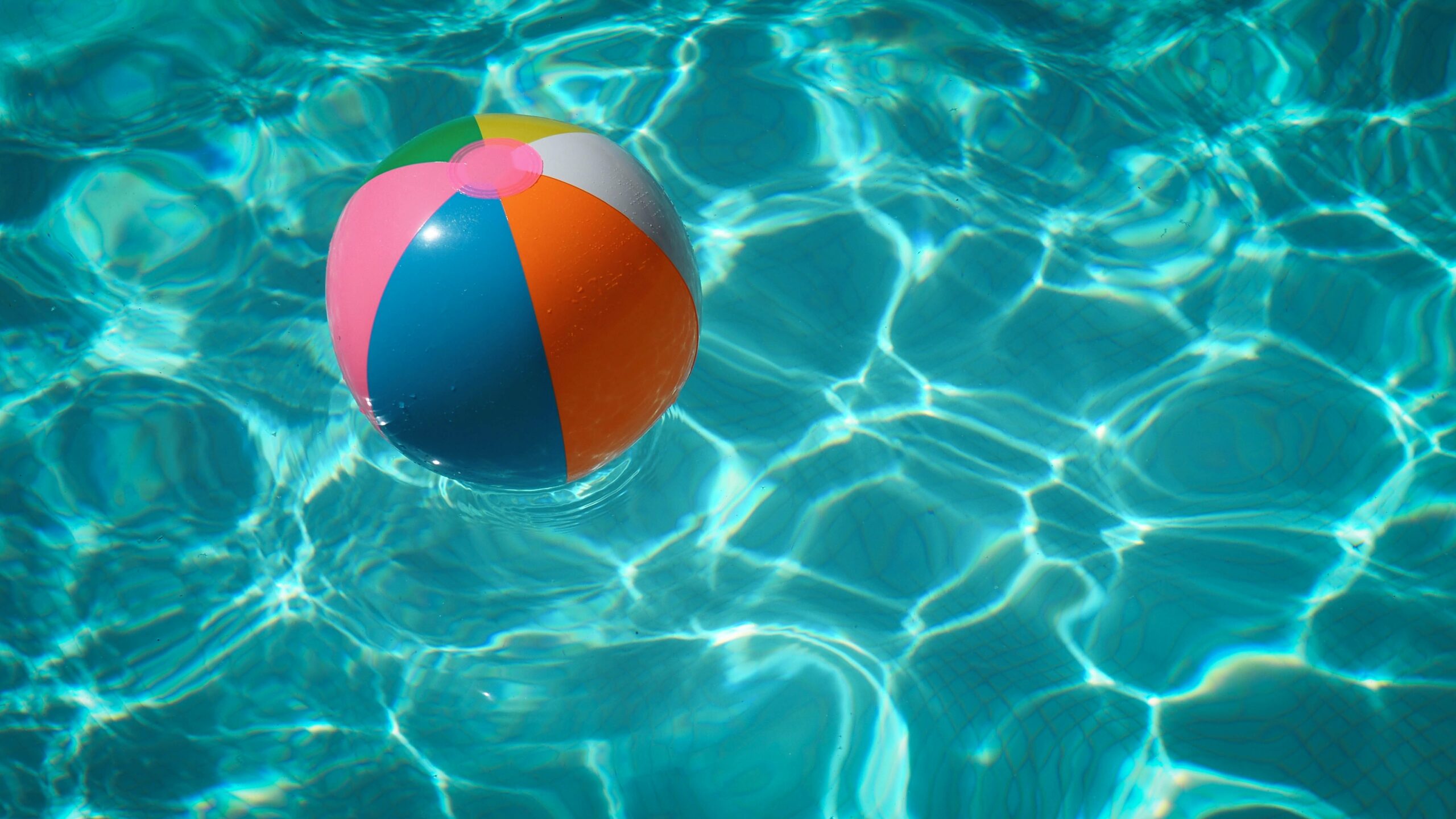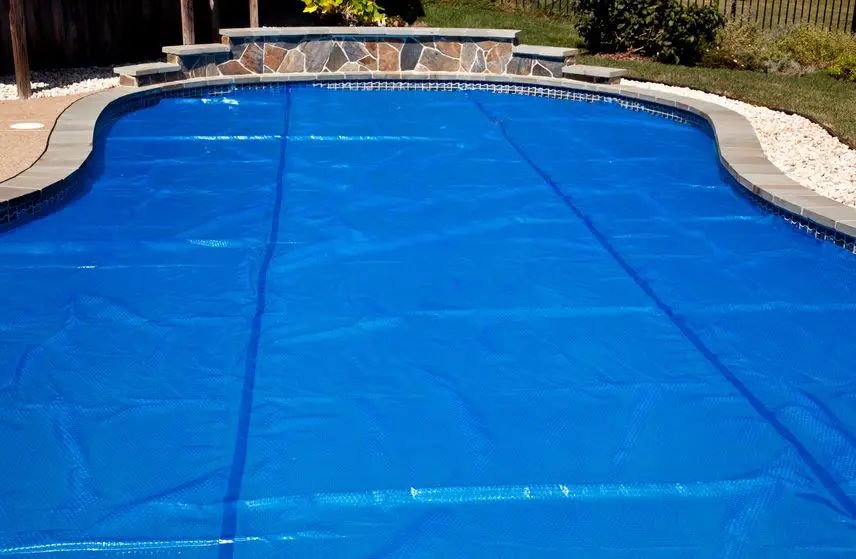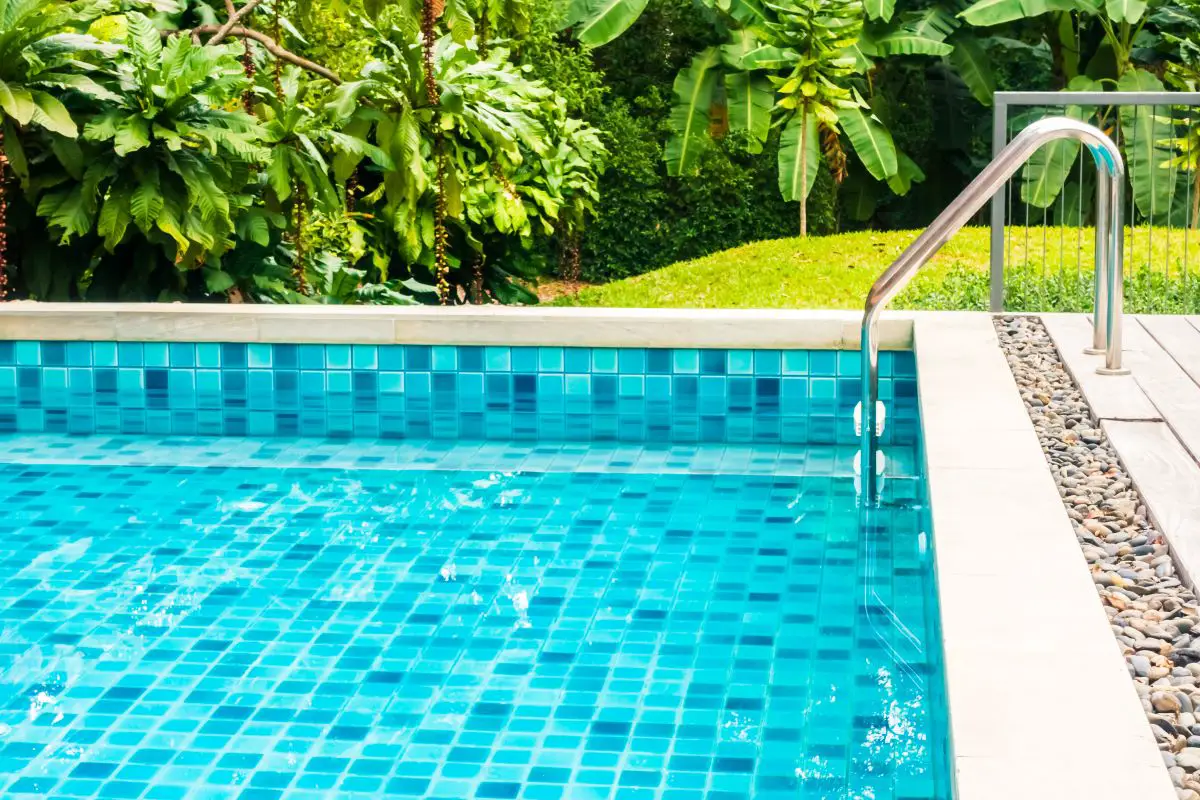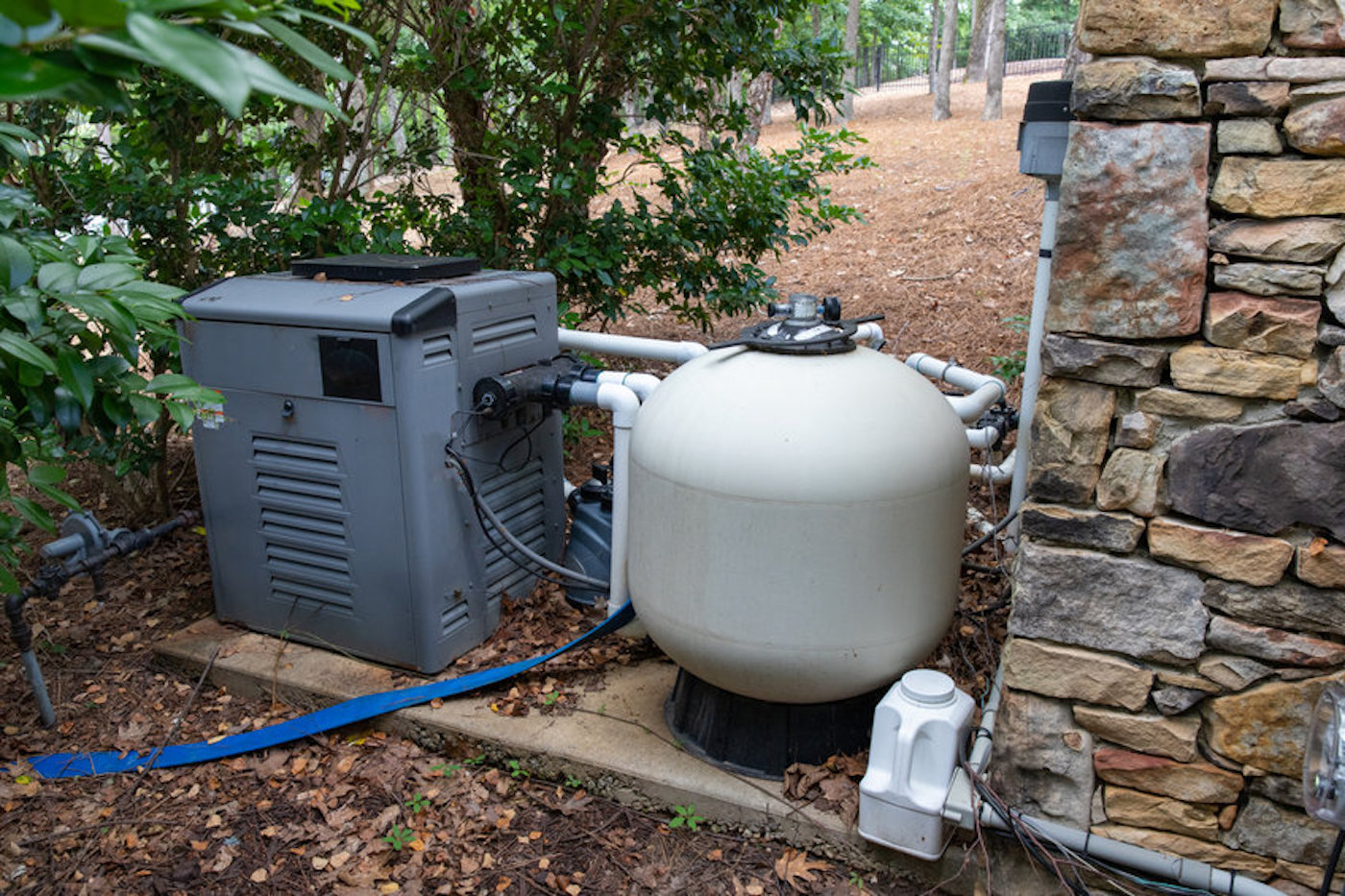Tips for a Frozen Pool
A pool can provide hours of fun for the whole family, and it is a great way to stay cool in the summer heat. However, pools can also be a lot of work. Keeping the water clean and making sure the pool is safe can be a full-time job. If you own a pool, you cannot be lazy about maintenance, especially during the winter. As this can lead to your pool becoming frozen. If this has happened to you, what can you do about a frozen pool? If your pool has frozen over, there are a few things you can do to fix the problem.
First, you’ll need to identify the source of the problem. If the freeze is due to cold weather, you’ll need to use a pool cover or add a heater. If the freeze is due to a leak in the pool, you’ll need to repair the leak and then take steps to prevent further freezing. Then melt the ice with hot water or the heater.
In this blog post, we will be looking at why your pool might freeze, how to prevent that from happening, and what to do if this happens to you. So, keep reading to learn all of this and more!

Summer Versus Winter
As a pool owner, you have to pay attention to different things in the summer than in the winter. In the summer, you have to worry about evaporation and keeping the pool clean. In the winter, you have to worry about freezing and making sure the pool doesn’t get too cold.
Evaporation is a big problem in the summer. You have to make sure you add water to the pool regularly. If you don’t, the pool will start to get shallow and dirty. Keeping the pool clean is also important in the summer. You need to Vacuum and scrub the walls and floor of the pool every week.
In the winter, you have to worry about freezing. Depending on where you live, you may have to take extra precautions when it comes to you protecting your pool against ice.
Preventing Pool Freezing
If you live in an area with cold winters, you may be wondering if you need to winterize your pool. The short answer is that it depends on the temperature and how often you use the pool.
If you live in an area where the temperature rarely dips below freezing, you probably don’t need to worry about winterizing your pool. However, if you live in an area where the temperature routinely falls below freezing, it’s a good idea to take some precautions.
One of the most important things you can do to prevent your pool from freezing is to keep the water circulating. This can be done by running the pump and filter for a few hours each day.
Another important thing to do is to keep the pool clean. This will help to prevent the water from freezing and will also make it easier to open the pool in the spring.
If you live in an area where the temperature routinely falls below freezing, you may also want to invest in a pool cover or heater. This will help to keep the water warm and prevent it from freezing.
Finally, you should insulate any plumbing and open valve lines. This will help to prevent the water from freezing and causing damage to the pipes.
What Do You Do If Your Pool Freezes?
If your pool freezes, there are a few things you can do to try and fix the problem. First, you need to identify the source of the problem (the weather, a leak, the pump, filter, etc.) Then you should check the weather forecast to see if there is any chance of the temperature rising above freezing. If so, you can simply wait for the weather to warm up and the ice will melt on its own.
If the forecast doesn’t show any signs of warming, you can try one of these methods to melt the ice:
- Cover the pool with a tarp or blanket. The extra insulation will help keep heat in, causing the ice to melt faster.
- If there is a leak, fix the leak
- Add a heater
- Use a space heater to direct warmth at the ice. Be careful not to get too close, as you could damage the liner.
- Pour hot water over the ice. This will cause it to melt quickly, but you’ll need to keep adding more hot water as it cools down.
Once you’ve identified the source of the problem, you can take steps to fix it and prevent it from happening again. If you can’t get the ice to melt on your own, you may need to call a professional. They will have the equipment and expertise to safely remove the ice without damaging your pool.

What If There Is Already Damage?
If your pool has already been damaged by freezing, there are some things you can do to try to repair it. First, you’ll need to drain the pool and remove any ice or debris. Once the pool is empty, inspect it for cracks or other damage. If the damage is extensive, you may need to consult a professional for repairs.
Once you’ve assessed the damage, you can begin making repairs. For small cracks, you can use a sealant or epoxy to fill in the gaps. Larger cracks may require patch kits or other specialized materials. You’ll also want to check the pump, filter, and other equipment to make sure they’re not damaged.
Once you’ve made all the necessary repairs, you can begin refilling the pool. Be sure to add water slowly to avoid putting too much pressure on the repairs. Once the pool is full, you can test it out and see if everything is working properly.

Overall, Pay Attention In The Winter
Winter is a tough time for pools. The cold weather can take its toll, and neglect can quickly set in. There are several things you need to do on a regular basis to keep your pool healthy and running smoothly. Here are some tips on how to keep your pool safe, clean, and in tip-top shape this winter:
1. Test the Water Regularly and Keep up with the chemicals.
The chemicals in pool water can cause skin irritation, so it is important to make sure the levels are balanced by testing the water regularly. You should test the pH level at least once a week. This is important because it helps prevent algae growth and keeps the water safe for swimming.
Chlorine is one of the most commonly used chemicals in pools. It helps to kill bacteria and other organisms that can cause illness. However, too much chlorine can also be harmful to swimmers. This is why it’s important to test the water regularly and add only the amount of chlorine that is needed. That being said, chlorine is your friend during the winter months, so make sure you’re keeping up with your regular maintenance schedule.
Shock treatments are another important part of pool maintenance. These treatments help to break down organic matter in the water and make it safe for swimming. They also help to keep the water clear.
2. Don’t forget about circulation.
It’s important to keep the water moving in your pool, even when it’s cold outside. A good rule of thumb is to run your pump for at least eight hours per day.
3. Cover up.
A pool cover is a must-have during the winter months. Not only will it help keep your pool clean, but it will also prevent evaporation and heat loss.
4. Check for leaks.
Leaks can be a problem at any time of year, but they’re especially troublesome in the winter when water temperatures are already low.
5. Keep an eye on the temperature.
A good rule of thumb is to keep the water temperature between 65 and 70 degrees Fahrenheit.
Conclusion
Keeping your swimming pool in tip-top shape takes work and strenuous pool maintenance. From cleaning to chemical maintenance, there’s a lot that goes into ensuring your pool is safe and enjoyable. However, it is all worth doing these tasks and upkeep, as your pool is your oasis – a place to relax, have fun, and cool off.















